Meryl Streep's Taking On Donald Trump Wasn't the 1st Political Acceptance Speech
Meryl Streep took On Donald Trump at the Golden Globes.
— -- At the Golden Globes on Sunday night, Meryl Streep was honored with the Cecil B. DeMille Award and gave a politically-charged acceptance speech about the importance of diversity and freedom.
Though she did not reference President-elect Donald Trump by name, she mentioned a moment when "the person asking to sit in the most respected seat in our country imitated a disabled reporter, someone he outranked in privilege, power, and the capacity to fight back."
In November 2015, Trump came under fire for allegedly mocking New York Times journalist Serge Kovaleski, who has arthrogryposis, which affects joint movement.
"Disrespect invites disrespect. Violence insights violence," Streep said. "When the powerful use definition to bully others, we all lose."
Trump has asserted that he was not imitating Kovaleski when he made jerking movements during a speech in Florida, but that he was rather mimicking "a flustered reporter trying to get out of a statement he made long ago."
The president-elect doubled down on that claim in a series of tweets shortly after Sunday's awards show and called Streep "a Hillary [Clinton] flunky who lost big."
"Meryl Streep, one of the most over-rated actresses in Hollywood, doesn't know me but attacked last night at the Golden Globes," Trump tweeted. "For the 100th time, I never 'mocked' a disabled reporter (would never do that) but simply showed him 'groveling' when he totally changed a 16 year old story that he had written in order to make me look bad. Just more very dishonest media!"
Streep's speech was far from the first time that politics came up at an awards show. Here are a few other times when stars have used their time at the awards stage podium to make a political statement.
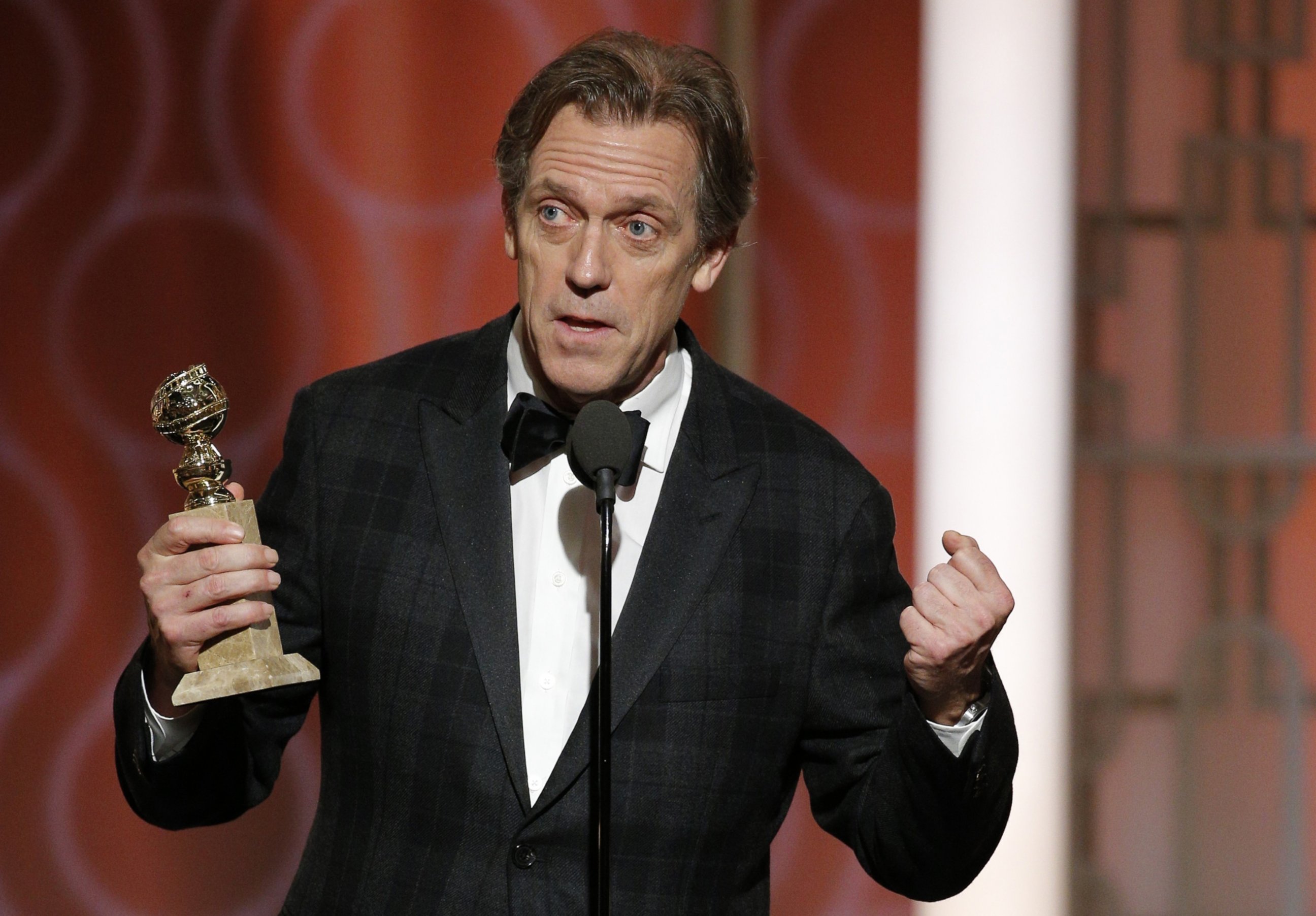
1. Hugh Laurie makes a veiled swipe at Trump: Before Streep took the stage, "The Night Manager" actor Hugh Laurie, who won best actor in a series, limited series or motion picture made for television, took a swipe at Republicans and announced that he was accepting the honor "on behalf of psychopathic billionaires everywhere." “Thank you first to the Hollywood Foreign Press Association for this amazing honor. I suppose it’s made more amazing by the fact that I’ll be able to say I won this at the last-ever Golden Globes," he said. "I don’t mean to be gloomy, it’s just that it has the words Hollywood, Foreign and Press in the title. ... I also think to some Republicans, even the word association is slightly sketchy."
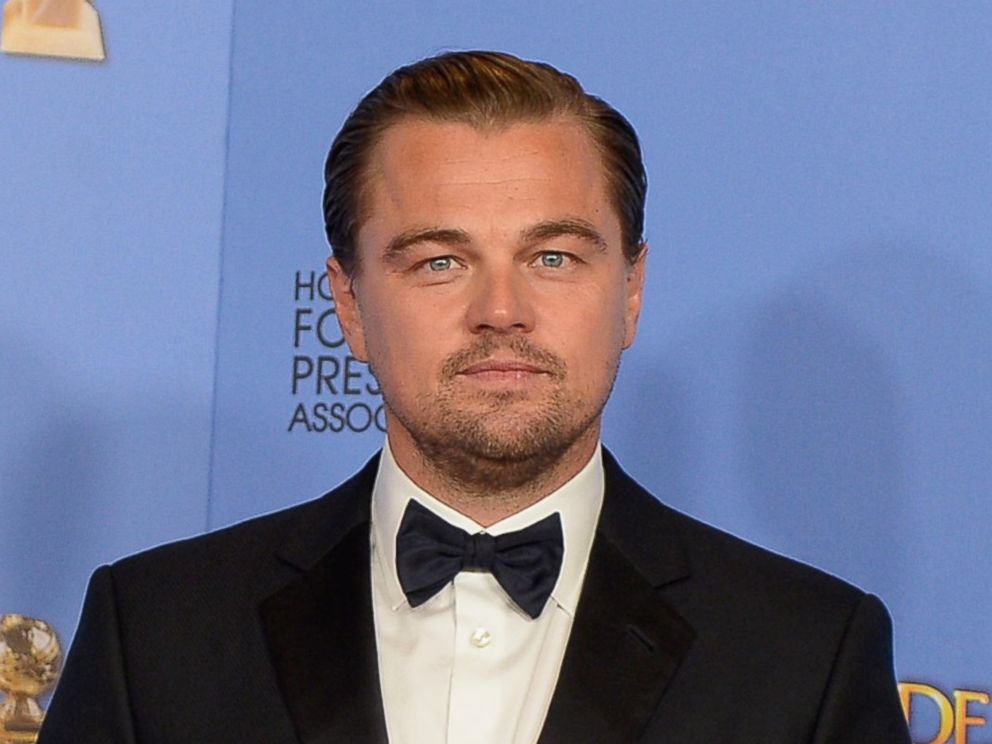
2. Leonardo DiCaprio recognizes indigenous groups: At the Golden Globes last year, Leonardo DiCaprio, who picked up best actor in a drama film, used his time on stage to recognize indigenous cultures and call for environmental conservation. "I want to share this award with all the first nation's people represented in this film and all the indigenous communities around the world," he said. "It is time that we recognize your history and that we protect your indigenous lands from corporate interests and people that are out there to exploit them. It is time that we heard your voice and protected this planet for future generous."
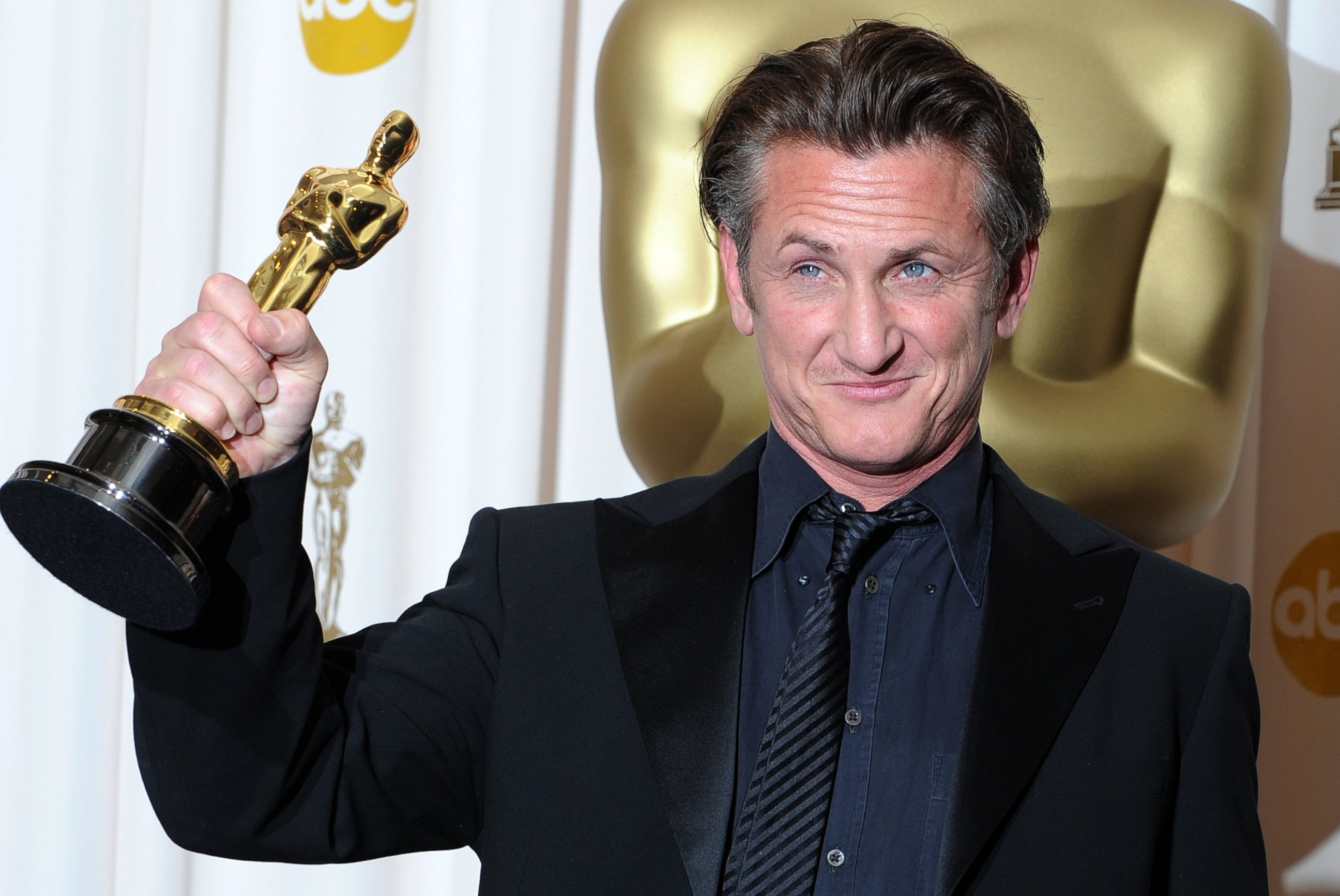
3. Sean Penn defends gay rights: Sean Penn won a best actor Oscar in 2009 for playing gay rights activist Harvey Milk in "Milk," and opened his speech by calling his fellow actors, "commie, homo-loving sons of guns!" He also referenced protesters who stood outside the ceremony to demonstrate against gay marriage. The timing was pointed: Just a few months prior, California passed Proposition 8, which banned gay marriage in the state until it was overturned in 2015. "For those who saw the signs of hatred as our cars drove in tonight, I think that it is a good time for those who voted for the ban against gay marriage to sit and reflect and anticipate their great shame and the shame in their grandchildren's eyes if they continue that way of support," Penn said. "We've got to have equal rights for everyone."
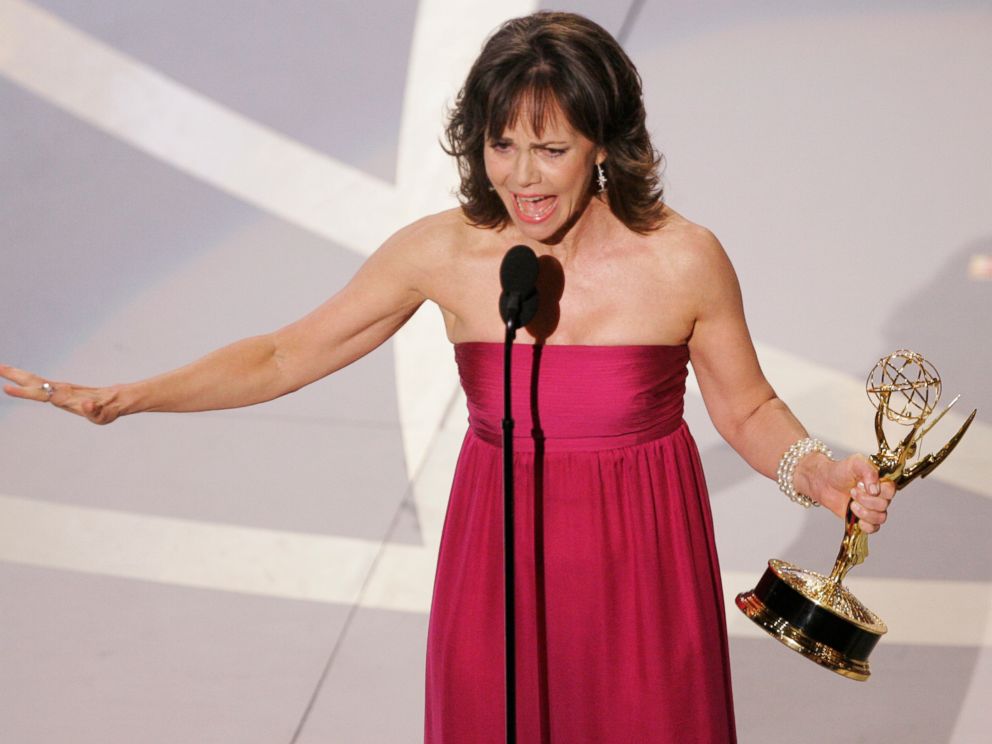
4. Sally Field speaks out against the war in Iraq: In 2007, Sally Field won an Emmy for playing the matriarch in the series "Brothers and Sisters," and at the end of her speech, which was censored by Fox, she spoke out about war. At the time, the United States had troops in Iraq and Afghanistan. "Surely this belongs to all the mothers of the world. May they be seen, may their work be valued and raised and to especially the mothers who stand with an open heart and wait, wait for their children to come home from danger, from harm's way and from war," she said. "Let's face it, if the mothers ruled the world, there would be no goddamn wars in the first place." According to the Los Angeles Times, the actress shrugged off the censorship. "Good. I don't care. I have no comment other than, 'Oh, well.' I said what I wanted to say," she said. "I wanted to pay homage to the mothers of the world. And I very, very seriously think that if mothers ruled the world we wouldn't be sending our children off to be slaughtered."
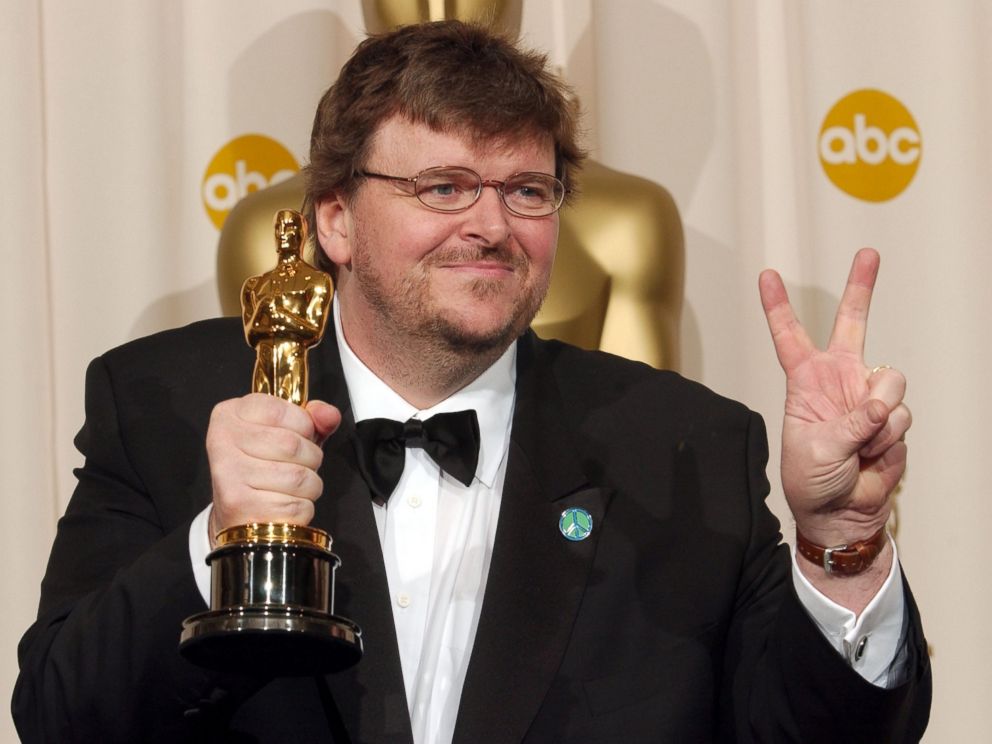
5. Michael Moore bashes George W. Bush: In 2003, during the United States' invasion of Iraq, Michael Moore accepted the best documentary Oscar, and invited his fellow nominees on stage with him to stand in solidarity against "fictitious times." "We live in the time where we have fictitious election results that elect a fictitious president," he said. "We live in a time where we have a man sending us to war for fictitious reasons. Whether it’s the fictition [sic] of duct tape or the fictitious [sic] of orange alerts, we are against this war, Mr. Bush. Shame on you, Mr. Bush, shame on you."
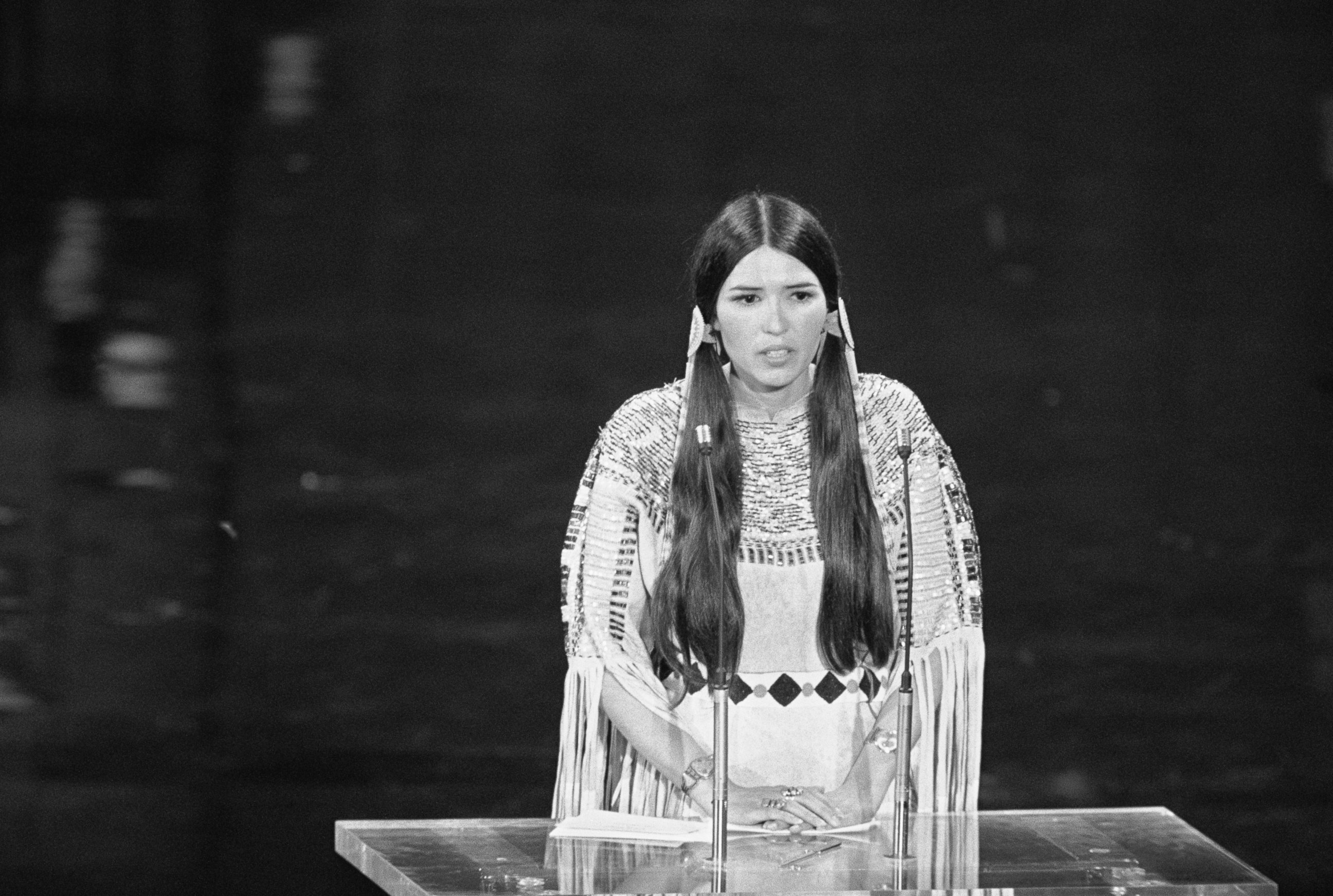
6. Marlon Brando sends Sacheen Littlefeather to refuse his Oscar: Marlon Brando did not take the stage in 1973 to accept his best actor Oscar for "The Godfather," instead sending Sacheen Littlefeather, president of the National Native American Affirmative Image Committee, in his place. Littlefeather told the crowd that Brando could not accept the award because of "the treatment of American Indians today by the film industry and on television in movie reruns" and because of "recent happenings" at Wounded Knee in South Dakota. (Weeks before the awards show, protesters at Wounded Knee called for the resignation of tribal council president Richard Wilson, whom they accused of corruption, and for the U.S. government to reexamine treaties with Native Americans.) "I beg at this time that I have not intruded on this evening," she said, "and that ... in the future -- our hearts and our understandings will meet with love and generosity."




